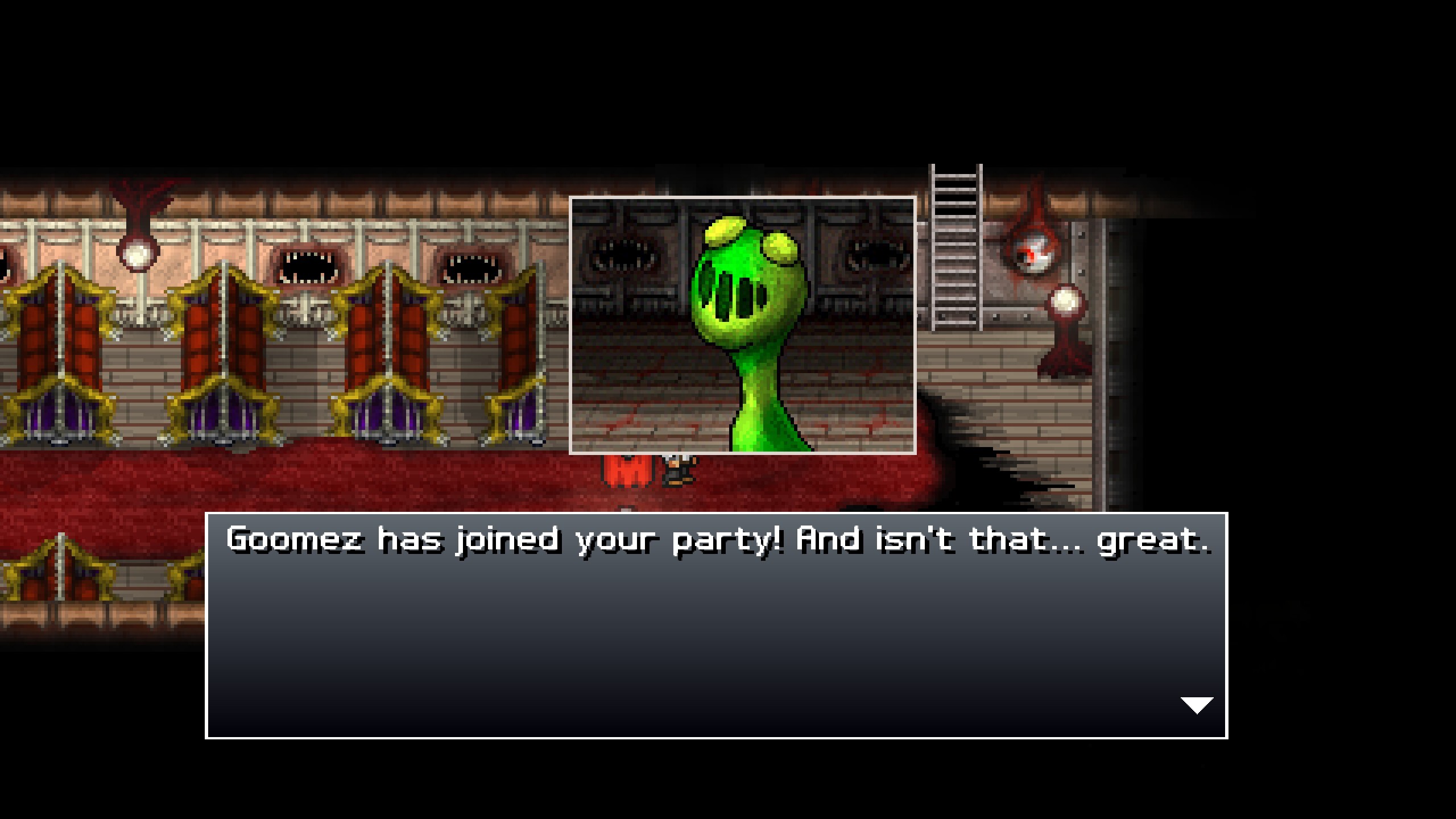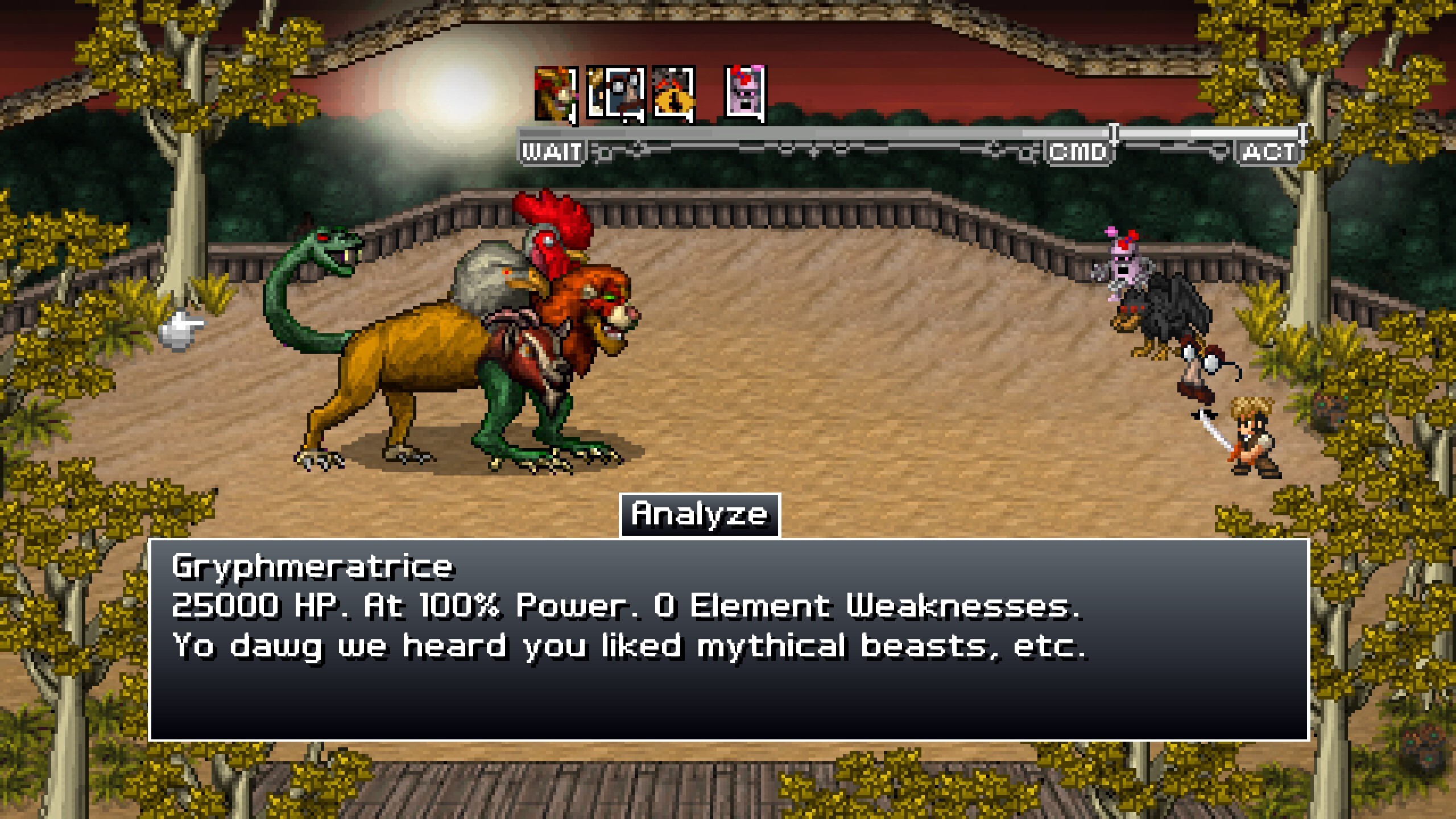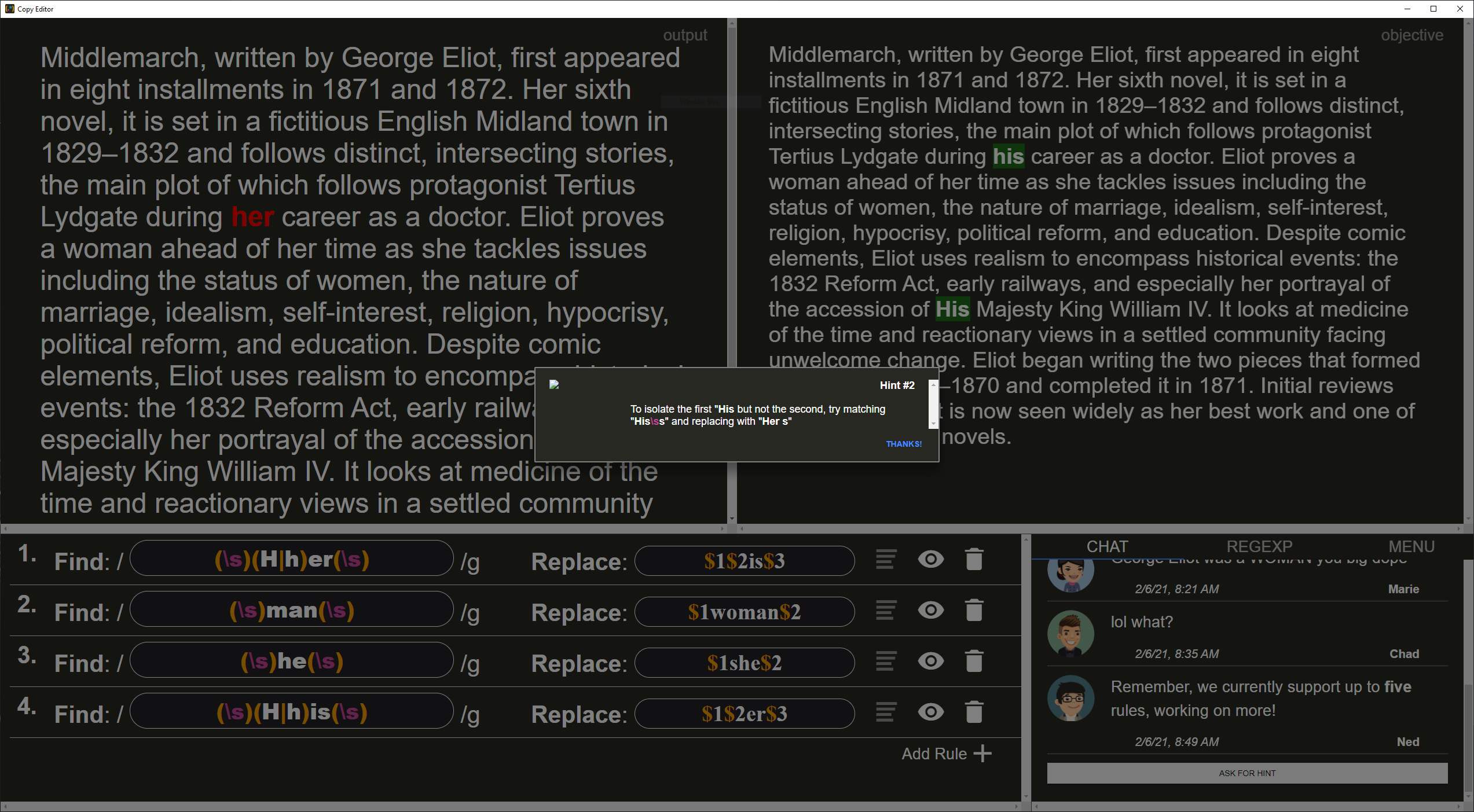Gotta keep running
Apparently, I wasn't the only one who thought that Shadowrun Returns could have used some player agency in its mission schedule. The next campaign, Dragonfall, makes moves toward non-linear and optional content ... with mixed results.
Dragonfall still has a main story with scripted beats, but of that story's three acts, only the first and third are on rails. The second act mostly consists of side-story missions, fleshing out NPC backgrounds and other aspects of the Shadowrun world, which you can tackle in any order. The Director's Cut even includes a few Mass Effect 2-style "character loyalty" missions, which delve deeper into a party member's backstory.
Unlike the Dead Man's Switch campaign, where you had to hire out-of-story mercenaries (or sometimes Coyote) for every mission, Dragonfall comes with a built-in party of NPC runners. You can still hire other runners, but Eiger, Glory, Dietrich, and Blitz cover all the necessary archetypes; are free; and are - narratively speaking - "your crew," so it hardly makes sense to replace them with outside help.
As with the hireable runners, your party members scale up in power as the campaign proceeds. Mercifully, the game doesn't make you micro-manage their character sheets or equipment, but it does let you choose a handful of ability upgrades and tailor them to your preferred playstyle.
Your party members' stories are pretty interesting, as are the other non-linear side-stories -- Shadowrun still excels at delivering engaging dialog and fascinating lore. But none of them are substantial enough to replace the campaign's main story, which is unfortunate, because that main story isn't very substantial either.
Compared to Dead Man's Switch, Dragonfall's premise is less personal to the player character, less grounded in relatable themes, and less full of attention-grabbing twists and turns. Its focus on the fringes of conspiracy-fantasy, and its near-total silence during Act Two, make the climactic events of Act Three feel detached and underwhelming.
So while I appreciate that Dragonfall puts meaningful effort into secondary storytelling, its reduced attention to the primary story turns it into a net loss.
That said, each "run" is still a delight to play through and unravel. No mission is ever as straightforward as its pitch, and it's pretty consistently awesome to discover a hidden key, a hackable trap, or an exploitable NPC. Dragonfall's missions even feel a little more Deus Ex-ey than its predecessor, in terms of allowing multiple approaches to a mission objective.
And while combat is considerably more difficult than it was in Returns - unlike that game, which I breezed through in Normal mode, even Dragonfall's Easy mode routinely kicked my ass - some judicious UI improvements have made different options and tactics much clearer than before. I still tend to favor the point-and-shoot options, but other ones are easier to discover, now.
On that note, though... in Returns I wondered if the "not Rifles and not Decking" skills were really worth trying, and my limited experiment with Rigging in Dragonfall wasn't positive. It takes so many karma points to both equip high-powered drones and give them good stats, and they're still significantly less powerful than a non-drone combatant would be.
Meanwhile, under-investing in Decking meant that I was reliant on a party member (Blitz) to take care of any hacking obstacles. And that mostly worked, but my point is: it didn't feel like the game rewarded me for Rigging as much as it would have for Decking, or if I'd had more Charisma for some persuasion and etiquette checks.
As much as I personally like ranged weapons and Decking, I get the impression that other skill choices may be objectively worse.
Then again, Shadowrun doesn't shy away from XCOM-like aiming problems, and anecdotally I'd say Dragonfall gave me a lot more high-hit-percent missed-shot bullshit than Returns did. But maybe I'm just bitter.
In the end, the worst I can really say about Shadowrun: Dragonfall is that its main story wasn't as compelling as Dead Man's Switch. The combat is harder to win, but easier to control; the side-missions are a nice change of pace, although their stories are short. The Kreuzbasar hub isn't much more than a larger Seamstresses Union, but that's fine.
Dragonfall didn't make all of its shots, either -- that didn't stop me from chasing its stories, devouring its lore, and immediately moving on to Hong Kong for more.
Better than: Divinity: Original Sin - Enhanced Edition
Not as good as: Mass Effect 2, Shadowrun Returns
I'm still sore about: Dietrich immediately un-friending me because I didn't take him on a mission. Real-life time passed and I legit forgot that he asked to be on it. He gave me the silent treatment for the rest of the game. I thought we were friends!
Progress: Finished the campaign on Easy.


